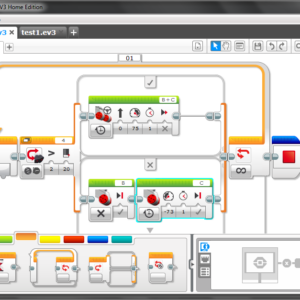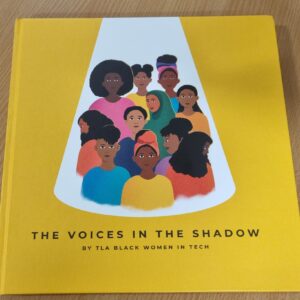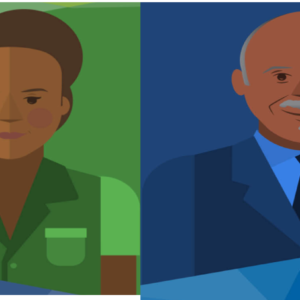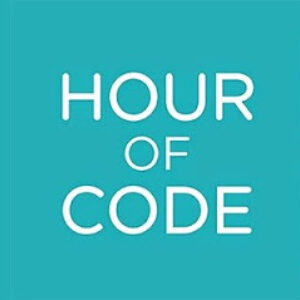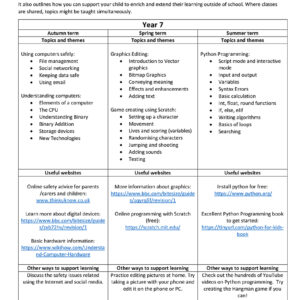Welcome to the Computing Department. Our aim is to provide a high-quality computing education which equips children to use computational thinking and creativity to understand and change the world. Our computing curriculum recognises that computing has deep links with mathematics, science and design and technology, and provides insights into both natural and artificial systems. By identifying learning characteristics throughout lessons the computing department will be embedding ‘Character Education’ and ‘Personal Development’ in all lessons.
Literacy and Digital Literacy is promoted and specifically taught in computing through the introduction, explanation and modelling when necessary of new key words and terms for each topic. Teachers aim to highlight and promote new words at every reasonable opportunity and reiterate previous keywords as frequently as possible, with the aim of embedding keywords into the learner’s memory.
Mathematics and numeracy are fundamental to computing and are taught at each key stage using various opportunities which include, but not limited to; algorithms, numbers, counting, practical use of numbers for concepts such a loops, modulo e.g. for identification of odd and even, fractions, coordinates and scaling, algebra, binary numbers and graphs.
Key Stage 3
At the end of KS3, students are deemed ‘KS4 ready’ when they can demonstrate they have developed the knowledge and skills outlined in the National Curriculum.
- To be able to design, use and evaluate computational abstractions that model the state and behaviour of real-world problems and physical systems
- To be able to understand key algorithms that reflect computational thinking e.g linea and binary searching, bubble sort, merge sort, insertion sort and use logical reasoning to compare the utility of alternative algorithms for the same problem.
- To be able to program in a minimum of two programming languages to solve a variety of computational problems.
- To have an understanding simple Boolean logic [AND, OR and NOT] and some of its uses in circuits and programming. To understand how numbers can be represented in binary, and be able to carry out simple operations on binary numbers.
- To understand the hardware and software components that make up computer systems, and how they communicate with one another and with other systems
- Understand how instructions are stored and executed within a computer system. To have an understanding how data of various types (including text, sounds and pictures) can be represented and manipulated digitally, in the form of binary digits.
- To be complete projects using and combining multiple applications, across a range of devices, to achieve challenging goals, including collecting and analysing data and meeting the needs of known users.
- To be able to create, reuse, revise and repurpose digital artefacts for a given audience, with attention to trustworthiness, design and usability
- To be able to understand a range of ways to use technology safely, respectfully, responsibly and securely, including protecting their online identity and privacy; recognise inappropriate content, contact and conduct, and know how to report concerns.
Key Stage 4
At the end of KS4, once students have demonstrated they possess, to the expected standard, the knowledge and skills laid out by the `National Curriculum and the AQA exam board specifications for Language and Literature, they are either deemed ‘KS5 ready’ or at an ‘appropriate standard’ to pursue the qualification at or above Level 2.
Students need to have an understanding of the following areas by the end of KS4
Computer systems – Theory Paper 1
- Systems Architecture – How a computer processes data in the form of Von Neumann Architecture.
- Memory – The different types of memory – RAM, ROM, Virtual Memory & Flash
- Storage – The typical storage devices used by computers – Optical, Magnetic and Solid State.
- Wired and wireless networks – How data is transferred across networks and the components which make up these networks.
- Network topologies, protocols and layers – The two main network topologies, protocols in networking and the different layers of sending data over a network.
- System security – Common types of attacks/viruses and prevention methods.
- System software – Common built in software used to enhance the performance of the computer system.
- Ethical, legal, cultural and environmental concerns – Ongoing issues regarding computer systems in the world.
Computational thinking, algorithms and programming – Theory Paper 2
- Algorithms * – To be able to write and recognise both searching and sorting algorithms including Bubble Sort, Merge Sort, Insertion Sort, Linear Search and Binary Search
- Programming techniques – Understand the three main programming concepts – Iteration, Selection and Sequence, as well as SQL, Data Types ….
- Producing robust programs – To be able to write programs in pseudocode to solve problems. This will include having an understanding of systems life cycle and each element involved in it.
- Computational logic – Students will know how to calculate Truth Tables from the three main logic gates, AND, OR, NOT
- Translators and facilities of languages – Students will be able to identify and understand the difference between Low and High Level Programming.
- Data representation – Students will be able to complete mathematical calculations in Binary, Hexadecimal and will be able to calculate file sizes of images and sound files using formulae.
Programming Project – Due to change to online Exam for 2021.
This is a practical project used to enhance skills for paper 2. Although completed on the computer it needs to be done as an independent report and requires students to personally develop their programing skills outside of the classroom as well as within.
The areas covered are:
- Programming techniques
- Analysis
- Design
- Development
Key Stage 5
At KS5, learners work towards building on knowledge gained at KS4. Learners study ICT in greater depth and are encouraged to work creatively and independently. We aim for learners to:
- Use research techniques to be able to evaluate products that will support the planning process for their work.
- Investigate problems and find solutions for them.
- Understand the importance of data and how it is used on a global scale.
- Code in High Level Languages.
- Critically evaluate their work.
- Develop and effectively apply their knowledge of gaming principals. Using them to be able to design their own game.
- Write reports on each of their projects from inception to conclusion.
Curriculum Enrichment
The computing department offer a range of enrichment activities. They range of activities that include, a coding club that is run by the students for the students. It offers students to collaborate on problems, as there would be in the real world.
In Year 9 students are offered the opportunity to attend computing mastery classes at Queen Mary University. These are block of 6 sessions that are run by a leading figure in the technology industry.
Homework
Homework is set using Show My Homework. These range from multiple choice quizzes to past exam questions. We also encourage students to work in groups on coding challenges that can be found in the link below.
Career Opportunities
In an ever changing technological world, the career opportunities of someone that goes on to study a computing course is increasing.
Below is a list of possible careers:
- Data scientist
- Software tester
- Web developer
- Systems analyst
- Business analyst
- Product manager
- Network architect
- Software engineer
- Software developer
- Full-stack developer
- Engineering manager
- User interface designer
- Database administrator
- Cloud computing engineer
- Information security analyst
- Computer science professor
- Chief information security officer
- Software quality assurance manager
- Information technology specialist
- Mobile application designer or developer
- Research and development (R&D) scientist
- Computer scientist or computer science researcher
- Artificial intelligence and machine learning engineer
Exam Boards
OCR GCSE Computing (J276)
OCR Creative iMedia (J817)
Support for exams
Links to useful websites
GCSE Computing (J276)
https://www.youtube.com/channel/UC0HzEBLlJxlrwBAHJ5S9JQg/playlists
Creative iMedia (J817)
https://www.youtube.com/watch?v=t8ozu5H69JO
Past Papers
GCSE Computing
https://www.ocr.org.uk/qualifications/gcse/computer-science-j276-from-2016/assessment/
Creative iMedia
https://www.ocr.org.uk/qualifications/cambridge-nationals/creative-imedia-level-1-2-award-certificate-j807-j817/assessment/

